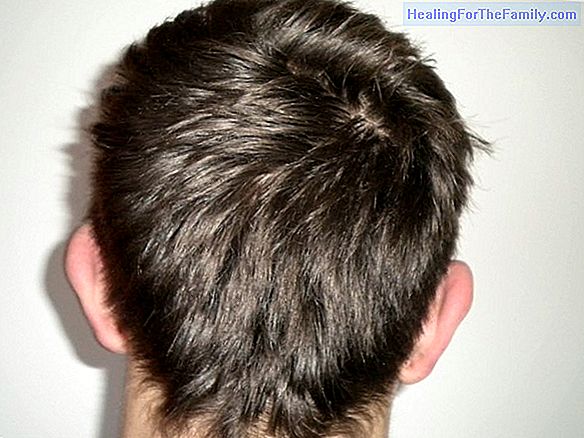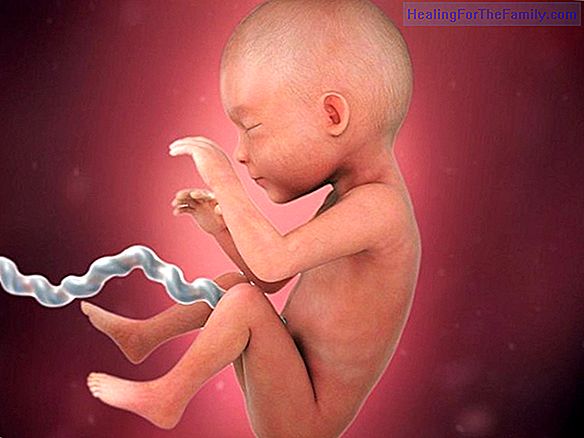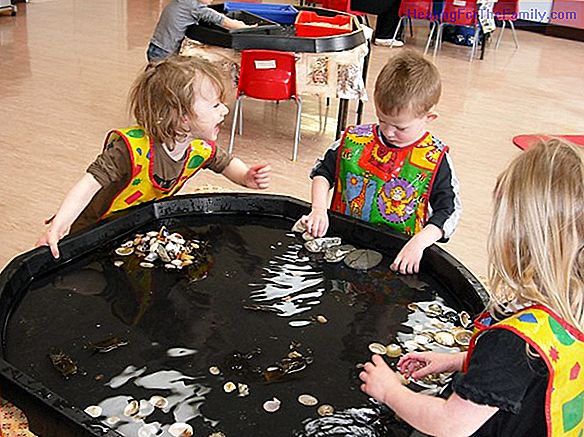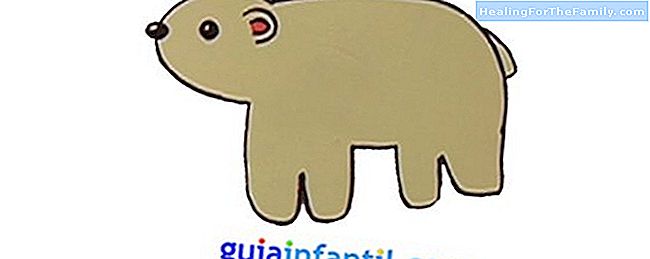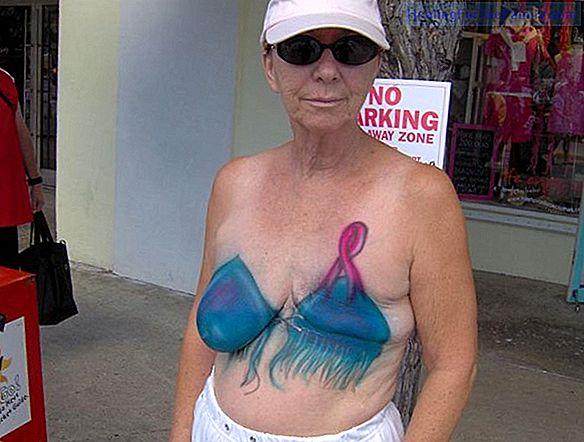What is Tourette Syndrome in children
Some childhood diseases accompany children during the rest of their lives with greater or lesser consequences. This is the case of Tourette Syndrome , a neurological disorder characterized by motor and verbal tics that can complicate the social relations of any child. We enter this disorder that is
Some childhood diseases accompany children during the rest of their lives with greater or lesser consequences. This is the case of Tourette Syndrome, a neurological disorder characterized by motor and verbal tics that can complicate the social relations of any child.
We enter this disorder that is often confused with Obsessive Compulsive Disorder or with Attention Deficit Hyperactivity Disorder. What is Tourette's syndrome and how does it affect children?
What is Tourette Syndrome in children
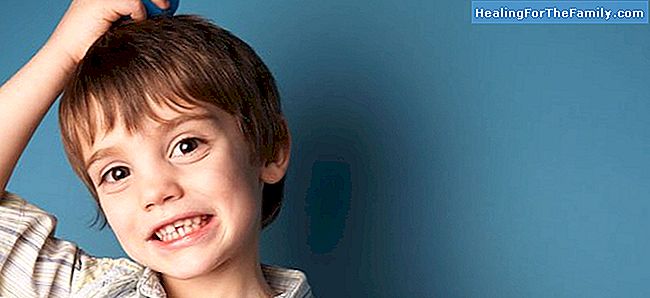
Tourette Syndrome is a neurological disorder that owes its name to the French neurologist Gilles de la Tourette, the first to describe this disease in 1885. It is detected in children around 7 years old of age, although its diagnosis is difficult because it can be associated with an Obsessive Compulsive Disorder (OCD) or also with Attention Deficit Hyperactivity Disorder (ADHD).
The disorder manifests itself through motor and verbal tics that are too evident to be unnoticed by the rest of the children. This can cause them problems of social adaptation, low self-esteem and delay in learning, although their IQ is not lower, but often have a higher intelligence than usual. Tourette Syndrome can also cause behavioral problems due to
the incomprehension that this disorder generates in both children and adults. We must take into account the special emotional protection needed by children suffering from a rare disease to ensure a better quality of life also in the field of relationships. Symptoms and treatment of Tourette Syndrome in children
The symptoms of Tourette Syndrome are
tics that can be motor and also verbal. There are different degrees of tics and sometimes they do not affect the daily life of children, but in other cases they must receive medical treatment. Motor tics
Motor tics include continuous blinking, repetitive head movement or jerking arms for no reason. Children with this more serious disorder can also jump, twist the body, or touch other people. - Verbal tics.
The verbal tics of Tourette Syndrome can range from shrieking to repetition of syllables, passing by imitating sounds that they hear or have kept in memory, like those of animals, for example. All these symptoms or tics of Tourette Syndrome are aggravated at times when the child has stress, feels pressured or observed, so it is recommended to act naturally against their tics. In any case, a
psychological treatment is always recommended to alleviate the consequences of this disorder and in the most severe cases a medical treatment will be needed to reduce repetitive movements. Laura Vélez.
Editor of Guiainfantil.com



